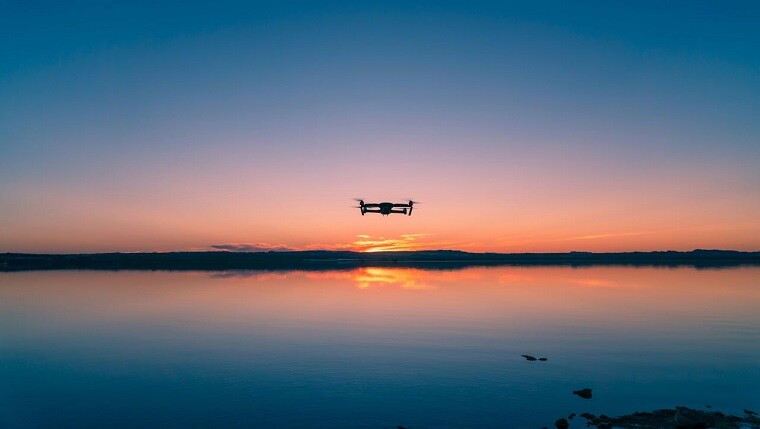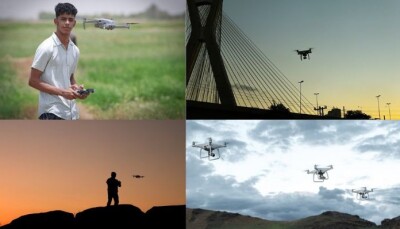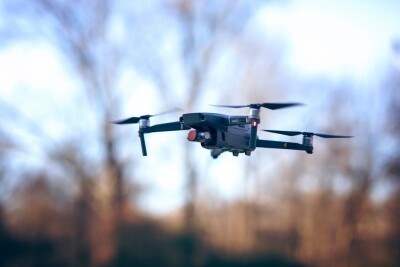This week’s “Around the Commercial Drone Industry” news round-up looks at the 2025 National Defense Authorization Act and its implications for a proposed ban on DJI drones. We also explore research into “bird-like” drones and a Tennessee program aimed at training farmers on the use of UAVs.
National Defense Authorization Act Contains Provisions Aimed at Chinese Drones
Under provisions contained in the recently released conference text of the FY 2025 National Defense Authorization Act (NDAA), the communications and video surveillance capabilities of products from leading Chinese drone manufacturers such as DJI and Autel Robotics will be subjected to security evaluations.
According to a report by Dronelife, language in Section 1709 of the legislation “reflects a negotiated version of Congresswoman Elise Stefanik’s proposed Countering CCP Drones Act.” Introduced in early 2024, that bill called for Chinese-manufactured drones to be banned from utilizing FCC bandwidth.
A report by Drone XL stated that Section 1709 “mandates that within one year of enactment, a designated national security agency must evaluate whether communications and video surveillance equipment from these manufacturers pose ‘an unacceptable risk.’ to U.S. national security or the safety of American citizens.” Further, Drone XL explained, “If the designated agency determines these drones pose an unacceptable risk, the Federal Communications Commission (FCC) must add them to the “covered list” within 30 days – effectively restricting their use in the United States.”
Bird-Like Drone Developed in Switzerland
ScienceDaily reports on research from Ecole Polytechnique Fédérale de Lausanne on a new bird-inspired drone. Called the RAVEN (short for “Robotic Avian-inspired Vehicle for multiple Environments”), the UAV’s design is “based on perching birds like ravens and crows that frequently switch between air and land.” With its multifunctional robotic legs, the RAVEN can “take off autonomously in environments previously inaccessible to winged drones.” Researchers assert that the drone can “walk, hop, and jump into flight with the aid of birdlike legs, greatly expanding the range of potential environments accessible to unmanned aerial vehicles.”
Drone Training for Future Farmers
The University of Tennessee Institute of Agriculture (UTIA) received funding to develop a new curriculum to “train the next generation of agriculture students.” As reported in the American Association for the Advancement of Science’s EurekaAlert!, UTIA faculty received “a four-year grant for $741,102 from the USDA’s National Institute of Food and Agriculture” for the “Development of a Smart Agricultural Experiential Learning Program for Youth.” Faculty are charged with creating a “hands-on curriculum about using drones, ground robots, computer vision systems, and other AI-related technologies.” For the project, the UTIA team “will recruit 10-12 youth participants, ages 15-20, each year for four years to participate in a four-week hands-on learning experience, starting in 2025.”















Comments